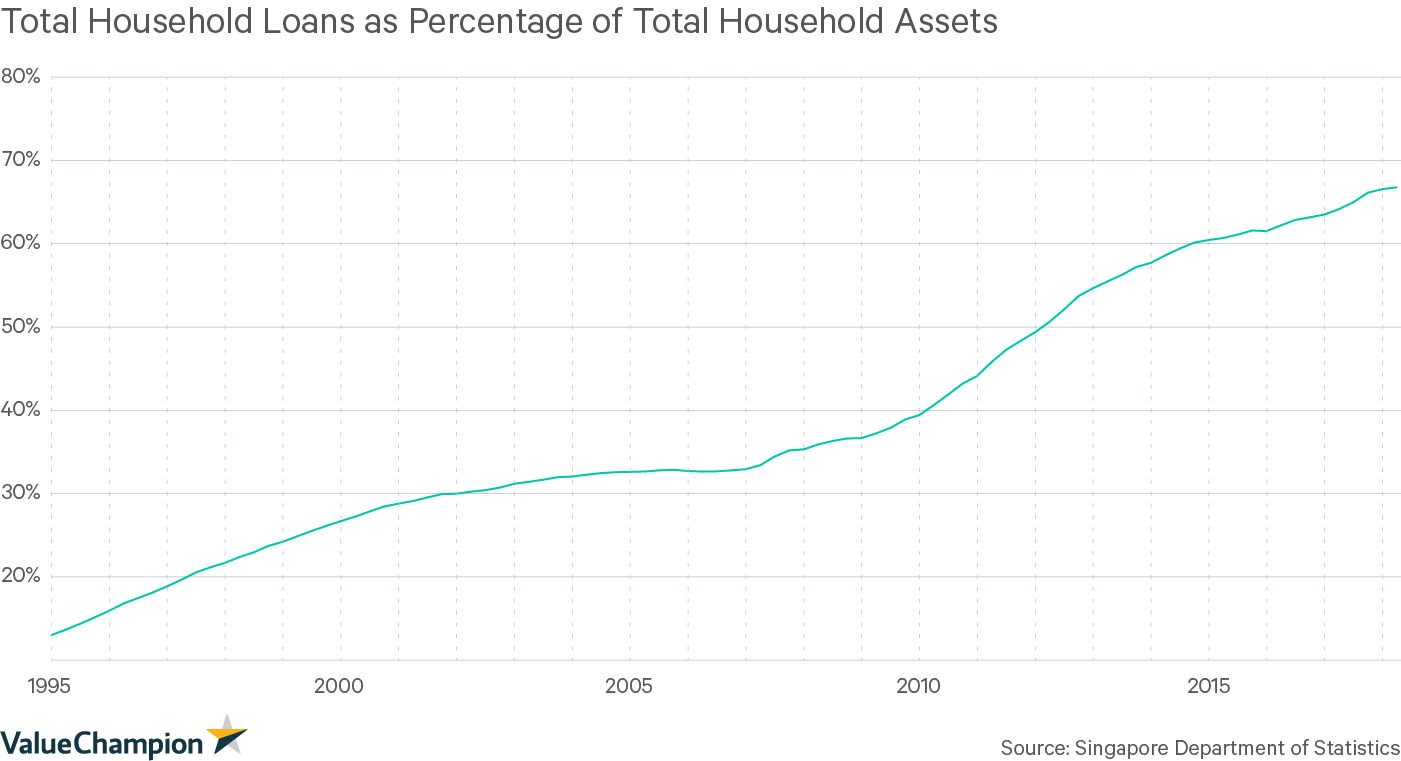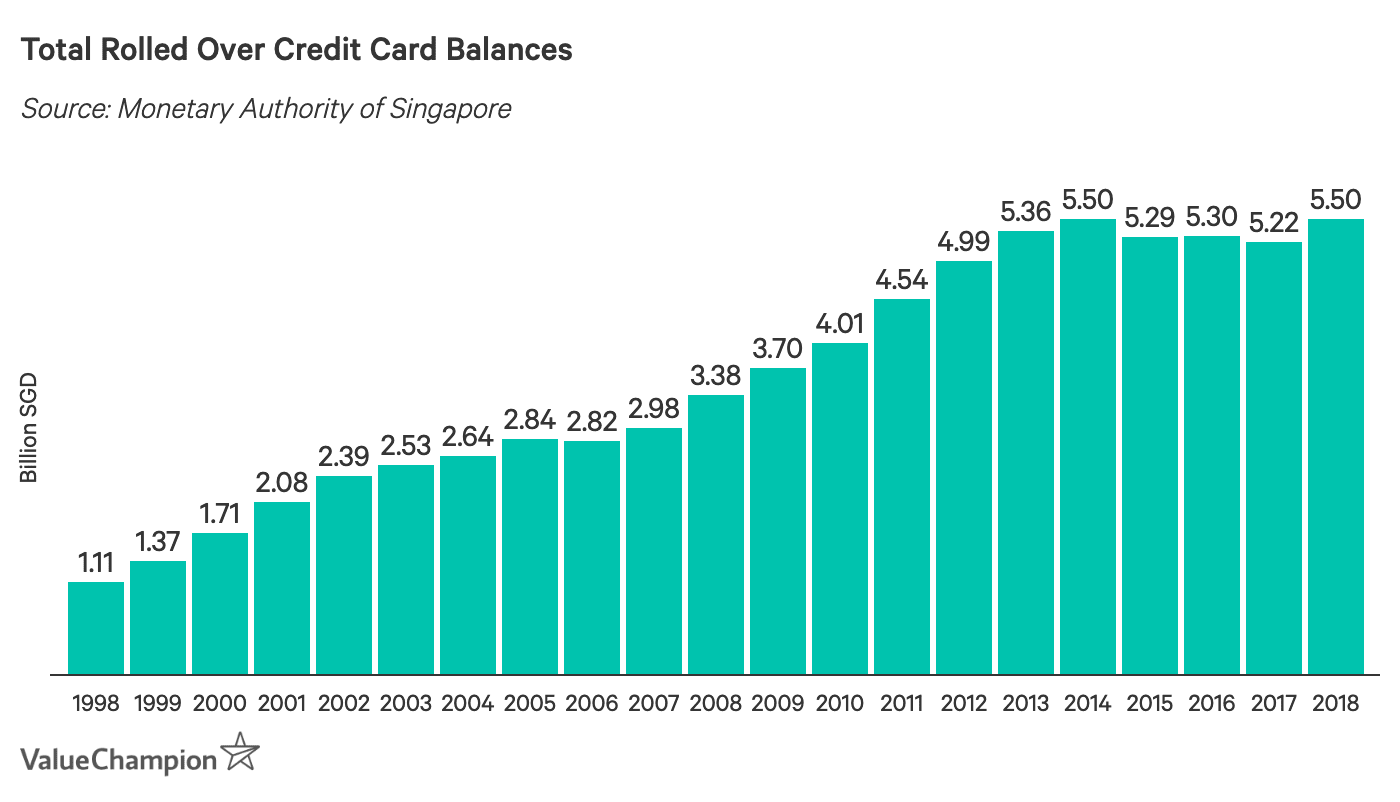In the spring, many of us make time to clean our homes in an attempt to create a fresh start and feel more organised. It’s also a great time to take stock of your personal finances and envision financial goals for the coming year. Here are some tips to help you with this process.
Organise & Prioritise Your Personal Budget
Regardless of your financial circumstances, it is crucial to have a budget. Creating a personal budget will help you conceptualise how much you can afford spending by category (housing, utilities, transportation, food, clothing, etc.) and help you meet your goals, whether that is to pay down student debt, save up for a big vacation or even to purchase a new home.
To begin with your budget, try creating a spreadsheet that includes your expected monthly and expenses. Use your monthly income as a guide for how much you can spend each month on all of your relevant spending categories. When it comes to essential expenses, make sure to err on the side of caution and budget a sufficient amount each month. This will prevent you from ending up “under budget” and may even result in a pleasant surprise with some extra cash at the end of the month. Furthermore, you should make sure to check in on your budget frequently to see if you are meeting your goals or if you need to make adjustments.
Clean Up Any Outstanding Debts
Taking out a loan can be a great tool as it can help you to obtain a higher standard of living. On the other hand, personal debt can be a burden and stressor if used in excess. In recent years, Singaporean households have accrued an increasing amount of personal debt, in the form of mortgages, study loans, car loans and credit card debt. With that in mind, this spring is the perfect time to work on consolidating or repaying your personal debts.

The first step to managing your debt is to check all of your outstanding balances. For some, this is a big hurdle in itself. Once you have a handle on how much you owe, it is time to come up with a plan for addressing this debt. Some proven methods of reducing personal debt include setting up automatic payments, tackling smaller more manageable debt first or enlisting the help of a friend. Before you choose one of these techniques, make sure you have a solid plan for repaying your debt effectively that limits the amount of additional accruing interest.
Depending on how much debt you have, it might make sense to consider either a balance transfer or debt consolidation loan. Balance transfer loans are perfect for individuals with a relatively small amount of debt. This is because these loans tend to offer interest free periods (3 to 18 months) when you transfer your outstanding debt over. If you have a larger amount of personal debt, a debt consolidation plan might work best. This type of loan allows you to consolidate one or more types of debt to one loan that typically charges lower interest rates than other loans.
Reduce Waste & Never Miss a Bill: Go Paperless
Another easy way to take control of your finances, while decluttering your home, is to make automatic payments for your bills and opt for paperless billing. Not only will this reduce the amount of time you spend on this recurring chore, but it will ensure that you are making on-time payments. For bills like your monthly credit card payment, this can actually save you money by helping you avoid accruing interest on a rolled over credit card balance.

If you are old school and feel more comfortable with paper bills, it is crucial to make sure that you have an organised system for keeping up with your bills. It can be helpful to develop a payment and filing routine so that you stay on top of this task.
Plan for Your Financial Future
Taking control of your finances means different things for each individual, but ultimately, it requires keeping up with your expenses and debt as to keep them manageable. To make this happen, the first step is to take stock of your financial position and develop a plan to get yourself where your you want to be financially.
The article Spring Cleaning for Your Personal Finances originally appeared on ValueChampion.
ValueChampion helps you find the most relevant information to optimise your personal finances. Like us on our Facebook page to keep up to date with our latest news and articles.
More From ValueChampion:
Source: VP

